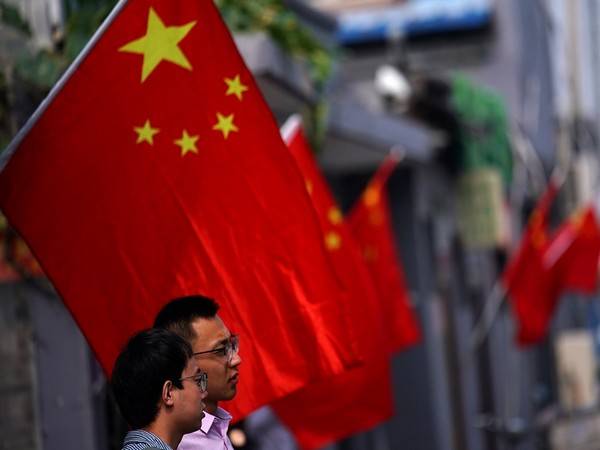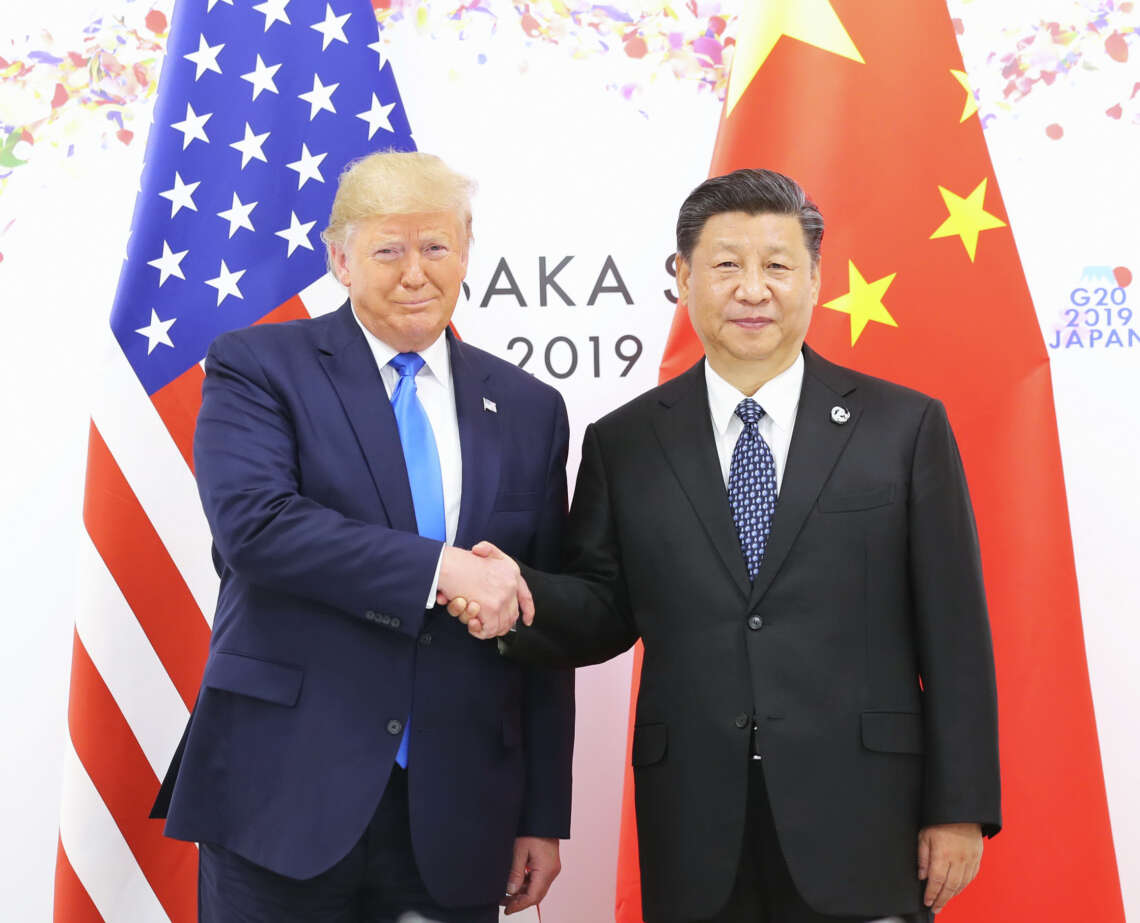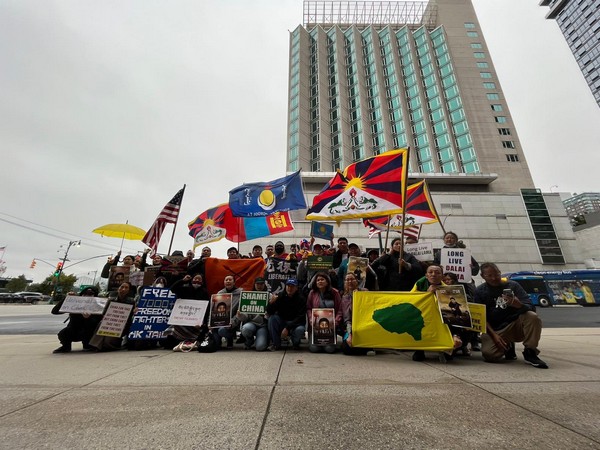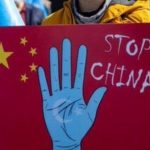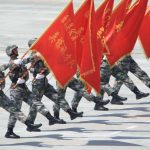China, a population of 1.4 billion, has one of the quickest economic success stories in history however its decline has now increased its financial instability….reports Asian Lite News
China’s rights abuses and bad reputation of its tech companies have resulted in creating a negative business environment that is holding back China in the middle-income trap.
Chinese President Xi Jinping’s regime is faced with an imminent challenge looming large in China, the ‘middle-income trap’ in which the country’s economy becomes stuck and never shifts into a higher gear, the Europe Asia Foundation reported.
China, a population of 1.4 billion, has one of the quickest economic success stories in history however its decline has now increased its financial instability. These factors range from China’s authoritarian regime, unilateralism, military expansionism, violation of human rights and lack of credibility of its tech companies.
Another cause of concern for these companies and businesses who now face the ‘middle-income trap’ is Xi Jinping who has become the ultimate and overarching authority on business operations and politics in China.
All of this has made businesses and companies wary of dealing with China. China’s historic development process. According to a 2012 report, the World Bank and China’s state researchers noted that institutional reforms are needed if the country’s economy is to stride on a path of development.
The primary policy suggestion, therefore, was to “rethink the role of the state and the private sector to encourage increased competition in the economy,” as per the media portal.
China’s population is ageing and the skilled workers are shrinking in numbers. This grim picture has created a demand-supply mismatch in the labour market. Regards to the foreign companies lack of patent protection and fragile China-centric supply chains have created hesitancy them.
To make matters worse for China is the US-China trade dispute. As many as 50 companies have moved production out of China, the media portal reported citing the Nikkei Asian Review.
Manufacturers like Apple have therefore started shifting their production, though on a trial scale, to countries like Vietnam. The golden days of the dragon as the go-to hub manufacturing for the West seem to be over for good reported the portal. (ANI)


